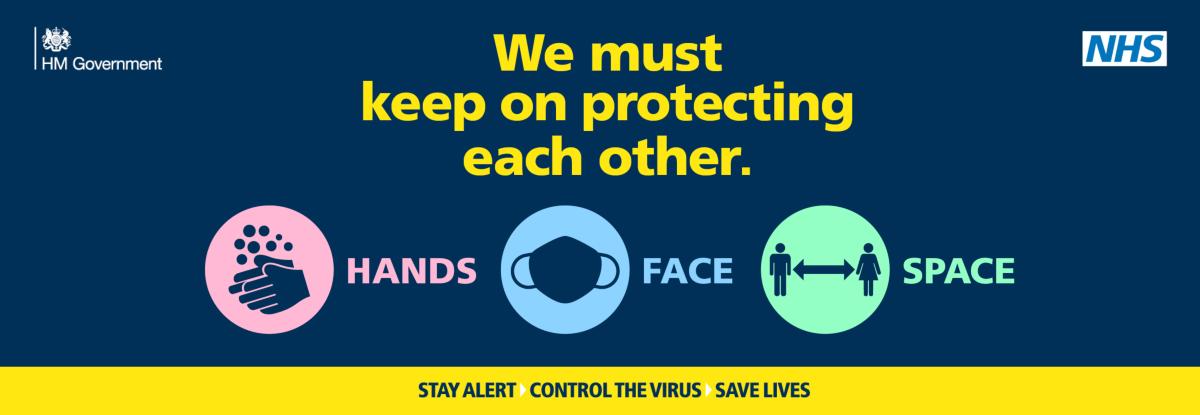Government Advice

The Government Guidance
Here is a summary of what you can and cannot do during the national lockdown. The details of services and businesses that can continue to operate are also outlined below.
Although this is the England's third lockdown in less than one year, the constant - and often sudden - rule changes can create some confusion.
Here is a summary of what you can and cannot do during the national lockdown.
Leaving home
You must not leave, or be outside of your home except where necessary.
You may leave the home to:
- Shop for basic necessities, for you or a vulnerable person
- Go to work, or provide voluntary or charitable services, if you cannot reasonably do so from home
- exercise with your household (or support bubble) or one other person, this should be limited o once per day, and you should not travel outside your local area.
- Meet your support bubble or childcare bubble where necessary, but only if you are legally permitted to form one
- Seek medical assistance or avoid injury, illness or risk of harm (including domestic abuse)
- Attend education or childcare - for those eligible
- If you do leave home for a permitted reason, you should always stay local in the village, town, or part of the city where you live.
- You may leave your local area for a legally permitted reason, such as for work.
- If you are clinically extremely vulnerable you should only go out for medical appointments, exercise or if it is essential. You should not attend work
Meeting others
- You cannot leave your home to meet socially with anyone you do not live with or are not in a support bubble with (if you are legally permitted to form one).
- You may exercise on your own, with one other person, or with your household or support bubble.
- You should not meet other people you do not live with, or have formed a support bubble with, unless for a permitted reason.
- You must stay two metres apart from anyone not in your household
What can stay open?
• All schools will move to remote learning
- Colleges, primary and secondary schools will remain open only for vulnerable children and the children of critical workers.
- All other children will learn remotely until February half term. Early Years settings remain open.
- Higher education provision will remain online until mid February for all except future critical worker courses.
- In-person university teaching will only take place for a small number of critical courses.
• Churches can stay open
- Places of worship can remain open for individual prayers and communal worship, but people should only visit with their household or support bubble.
- Weddings, civil partnership ceremonies and funerals are allowed with strict limits on attendance.
• Shops will close in all areas
- All non-essential shops, hairdressers and personal care venues must close.
- Supermarkets, builders’ merchants and garden centres can stay open.
Restaurants and other hospitality venues can continue delivery or takeaway, but people will not be able to add alcohol to that order.







